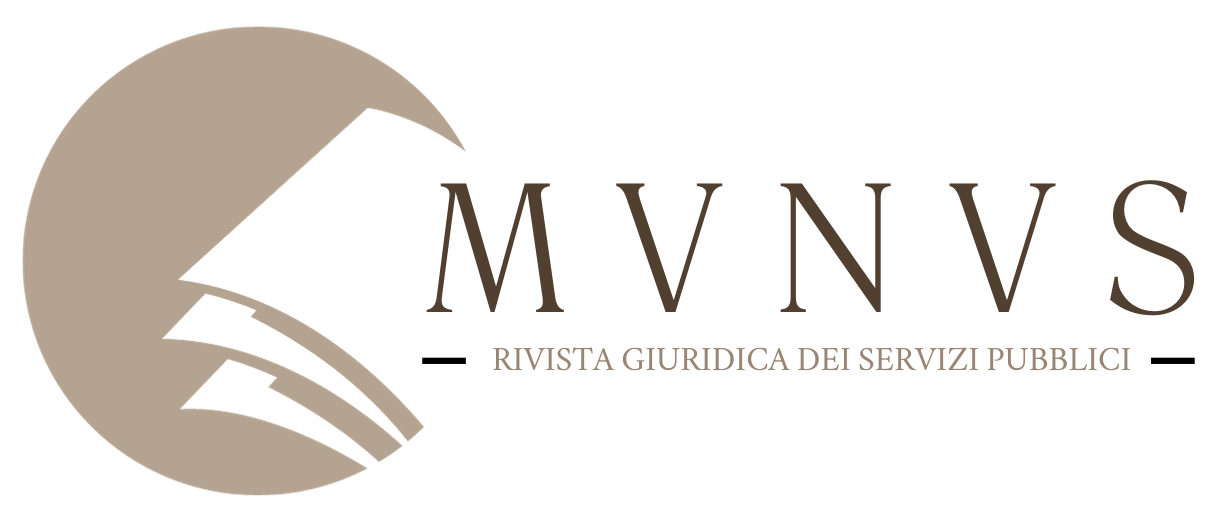Sommario:
1. Introduzione: la natura dell’in house tra “diritto privato speciale” e “diritto amministrativo ibridizzato”.
2. La sentenza della Corte costituzionale n. 251/2016 e i pareri del Consiglio di Stato sul d.lgs. 19 agosto 2016, n. 175, fino al decreto correttivo 16 giugno 2017, n. 100.
2.1. Il dato normativo: il d.lgs. 19 agosto 2016, n. 175, come integrato dal d.lgs. 16 giugno 2017, n. 100, e il codice dei contratti.
2.2. La partecipazione privata alla società in house.
2.3. La responsabilità degli amministratori per danno erariale.
2.4. Il fallimento della società in house.
3. Considerazioni conclusive.
Abstract:
The article examines the discipline of in-house companies in the light of Legislative Decree 175/2016. The legislator has established that all public companies
are subject to the rules contained in the civil code for everything that is not expressly
waived and the purpose of the article is to demonstrate that the same is valid for inhouse companies. Indeed, with a choice based on legal certainty, the legislator has tried
to balance the tension between private form and public substance, between coordination
of disciplines and hybridization of law, which has always characterized the discipline
of in-house and it was hardly attributable to consistency with the criterion of the
”rule-exception”. The article reaches this conclusion, examining the main innovations contained in Legislative Decree 175/2016 and in the code of contracts, among
which the most important is represented by the possibility of private participation.
Furthermore, by overcoming the distinction between form and substance, the article
concludes that even in-house companies can fail. Despite the similarities showed, the
article states that in-house companies retain some relevant peculiarities, firstly the one
concerned the accounting jurisdiction over directors’ liability.
